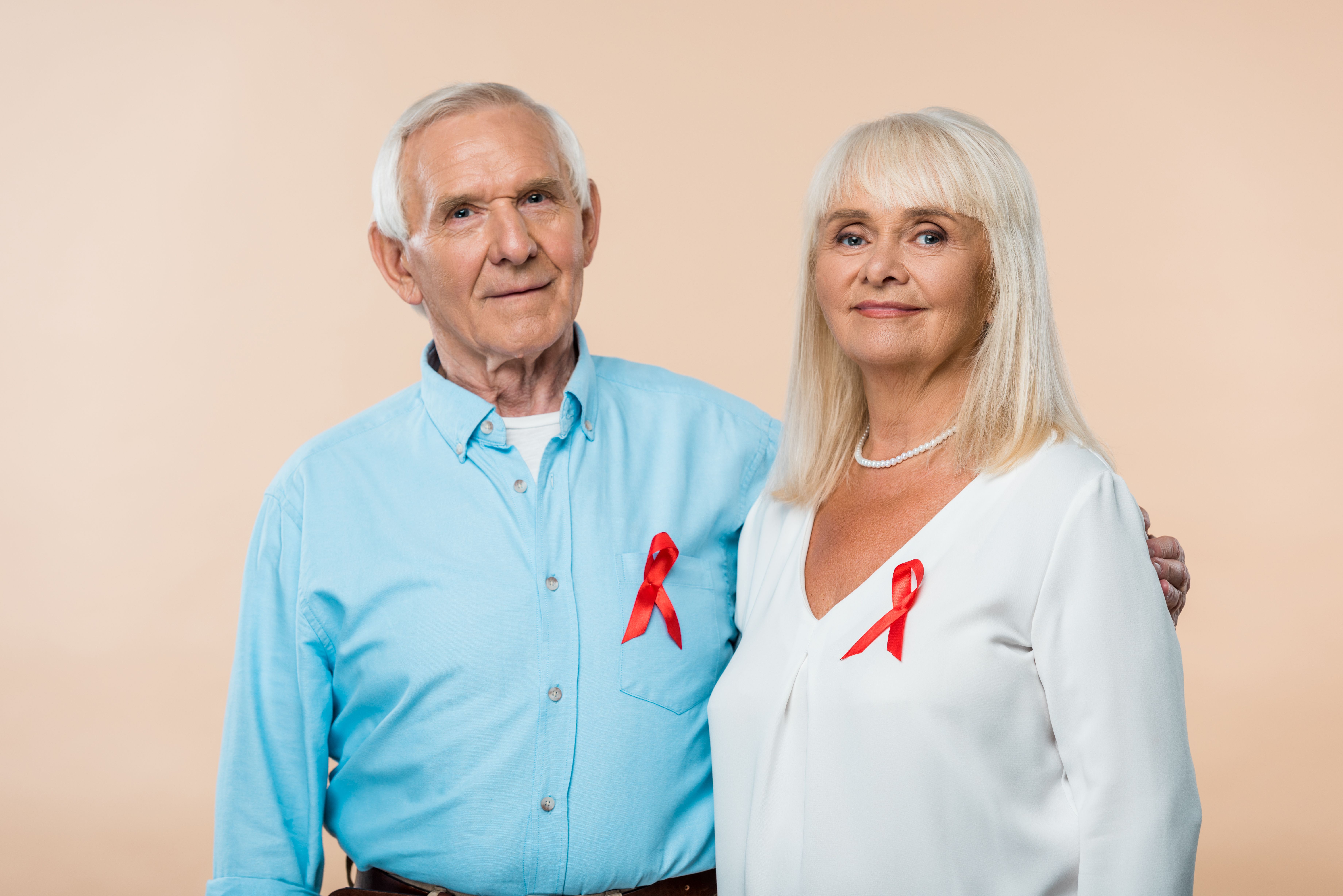- Center on Health Equity & Access
- Clinical
- Health Care Cost
- Health Care Delivery
- Insurance
- Policy
- Technology
- Value-Based Care
Long-Term Survivors of HIV Willing to Engage in End-of-Life Research
Older survivors of HIV require ethical safeguards and autonomy to feel comfortable participating in end-of-life research for a cure for HIV.
Participating in HIV cure research focusing on end-of-life (EOL) care was received well in a qualitative study of older adults who had lived with long-term HIV. The study published in BMC Medical Ethics1 found that participants opposed excluding older patients but required ethical safeguards to participate fully.
Older survivors of HIV believed that participating in end-of-life studies was important but emphasized the need for safeguards to protect the vulnerable population | Image credit: LIGHTFIELD STUDIOS - stock.adobe.com

Long-term survivors of HIV are those who had been diagnosed prior to the widespread availability of antiretroviral therapy, which can prolong the life of those with HIV to that of a normal lifespan. A cure for HIV is still a research goal, as thousands of people are diagnosed with HIV each year in the US alone.2 EOL research, including patients with a prognosis of 6 months or less, can help to test experimental therapies but is limited in the HIV space.1 There are also ethical concerns surrounding risk tolerance of participants. This study aimed to interview long-term survivors of HIV to assess their perspectives surrounding EOL research for an HIV cure.
This was a qualitative study that included patients from across the US to conduct the interviews. Participants were recruited from AIDS Action Baltimore, the HIV + Aging Research Project – Palm Springs, and the Reunion Project. The interviews were structured using an interview guide, focused on whether people living with HIV should be able to enroll in experimental studies when they are at EOL.
All participants received a demographic survey and the interview guide after agreeing to participate in the study and all interviews were conducted via Zoom. The audio of the Zoom interviews were transcribed for the purposes of the study.
There were 16 long-term survivors of HIV who were included in this study who had a mean (range) age of 68.4 (60-82) years. There were 9 cisgender men and 7 cisgender women included in the study and 56.25% of the participants were White, 25% were Black, 12.5% were Indian, and 6.25% were mixed race. A total of 50% lived in the West census region. The population also had a mean (SD) of 7.3 (9.8) years in HIV cure research; 13 participants were diagnosed before 1996.
Although the participants would likely not personally benefit, most expressed a desire to participate in research surrounding the HIV cure, including some who were willing to donate tissue. The survivors also believed that studies conducted with EOL participants could help in discovering groundbreaking information. They did not believe that EOL participants should be excluded from studies in the future.
Autonomy was important to these participants as they believed that people living with HIV should have the right to decide to participate in such studies as it could their EOL decisions. The potential risks of the study as well as the purpose for the study should be communicated to all potential participants. Emotional support was also encouraged for decision-making.
Participants were mixed on whether they supported latency reversing testing being done on those at EOL, as the move could encourage viral replication in those who are more susceptible due to older age. This particularly made those who had been virally suppressed for a long time nervous. Block and lock was more acceptable though participants questioned the feasibility. They did encourage continued research in this area. Immune-based strategies also met positive reception in most of the participants, though some were more cautious due to the safety or relevance of these experiments. Although cell and gene experiments were mostly well-received, some participants stated that they would not participate in such experiments at EOL due to safety concerns.
Participants believed that safeguards were needed for people living with HIV to participate in these studies, including making sure physical condition was taken into account before participation in any study.
There were some limitations to this study. The participants of this study needed to be people living with HIV who were willing to discuss participating in studies that are trying to find a cure to HIV which could have affected the selection of the participants. There were no Hispanic participants of the study. This study may not be generalizable to areas outside of the US. This study asked about hypothetical scenarios for in-vivo studies rather than ex-vivo. Prior involvement in research was not requested from the participants. As the studies in this survey were hypothetical, participants may change their mind should the studies become real.
The researchers concluded that long-term survivors were willing to participate in EOL research to find a cure for HIV and participants believed that no person living with HIV should be excluded from participating in research at EOL. Ethical safeguards and ways to prevent discomfort for participants were of paramount concern regarding participation in such studies.
“As HIV cure research advances, ensuring the meaningful engagement of [long-term survivors] in EOL studies is essential to uphold ethical standards and maximize scientific impact,” the authors concluded.
References
1. Ahmed A, Taylor J, Tran W, et al. Motivations, acceptability and ethical considerations for interventional HIV cure research at the end of life: perspectives from long-term survivors of HIV in the United States. BMC Med Ethics. 2025;26:112. doi:10.1186/s12910-025-01253-x
2. HIV diagnoses, deaths, and prevalence: 2025 update. CDC. April 29, 2025. Accessed August 25, 2025. https://www.cdc.gov/hiv-data/nhss/hiv-diagnoses-deaths-and-prevalence-2025.html
